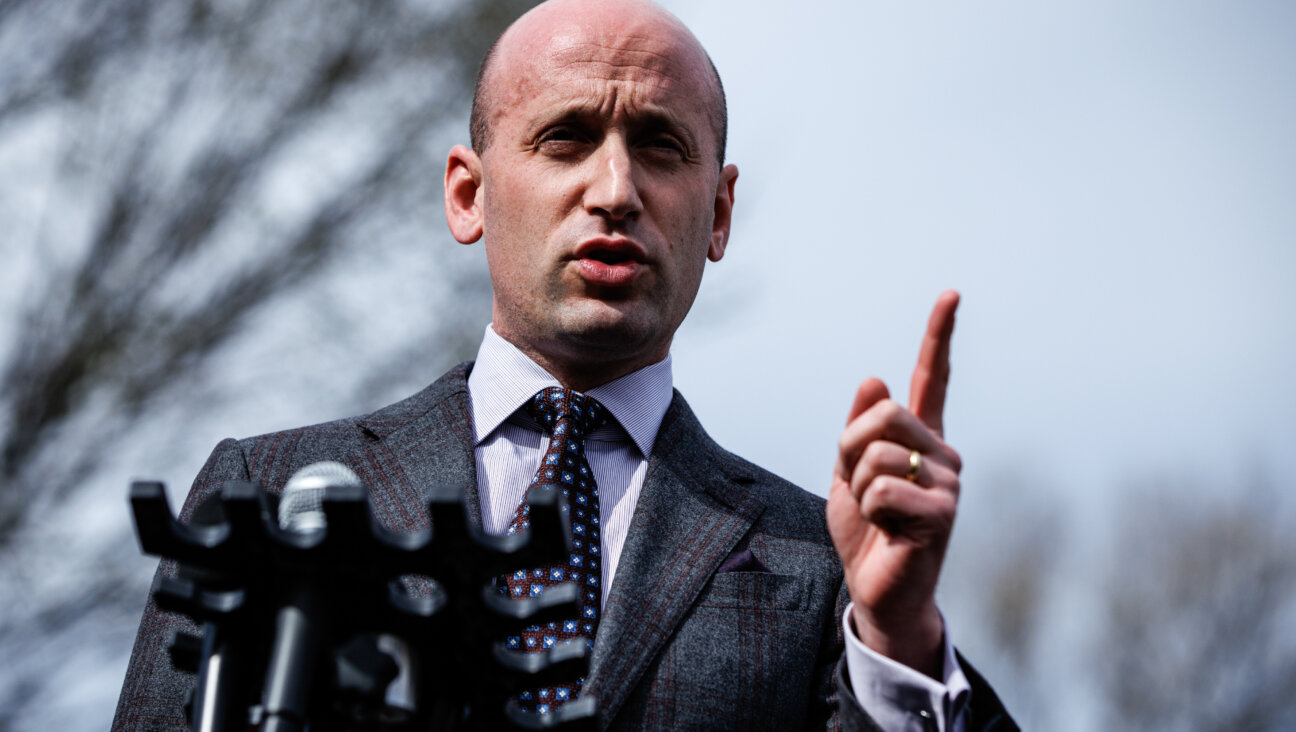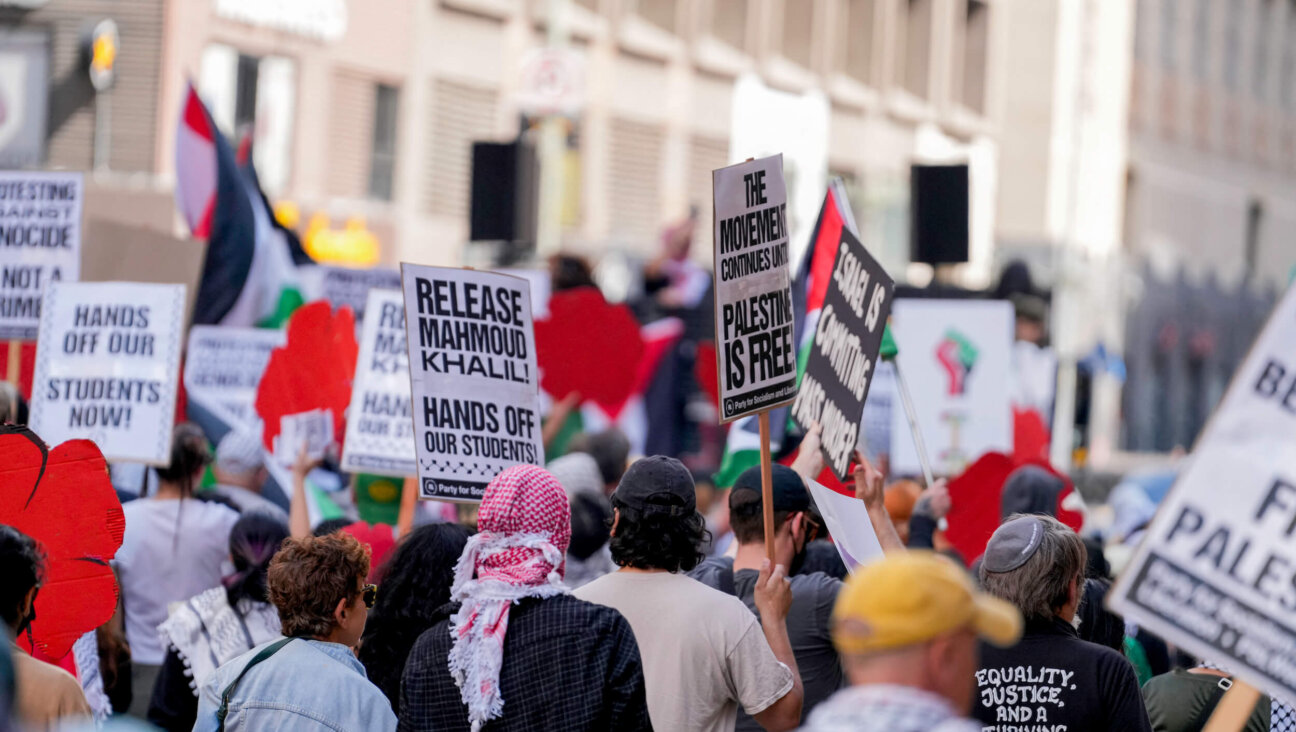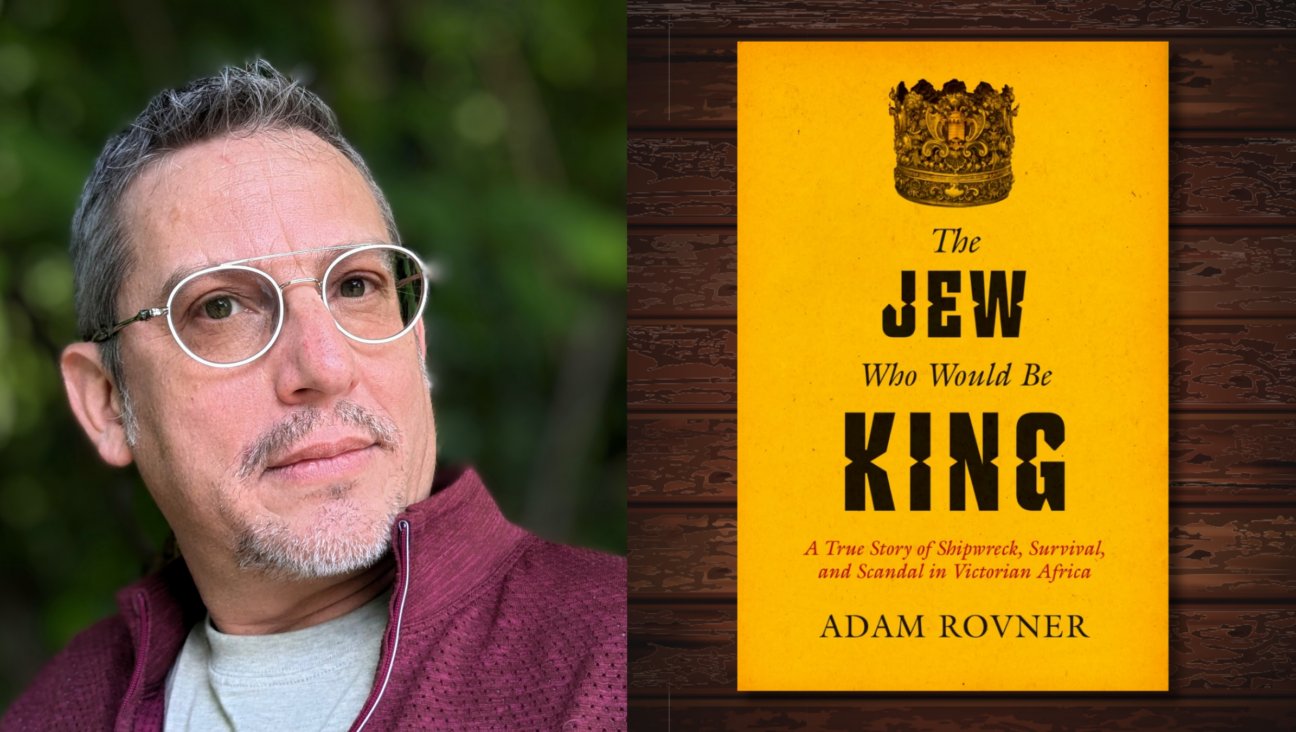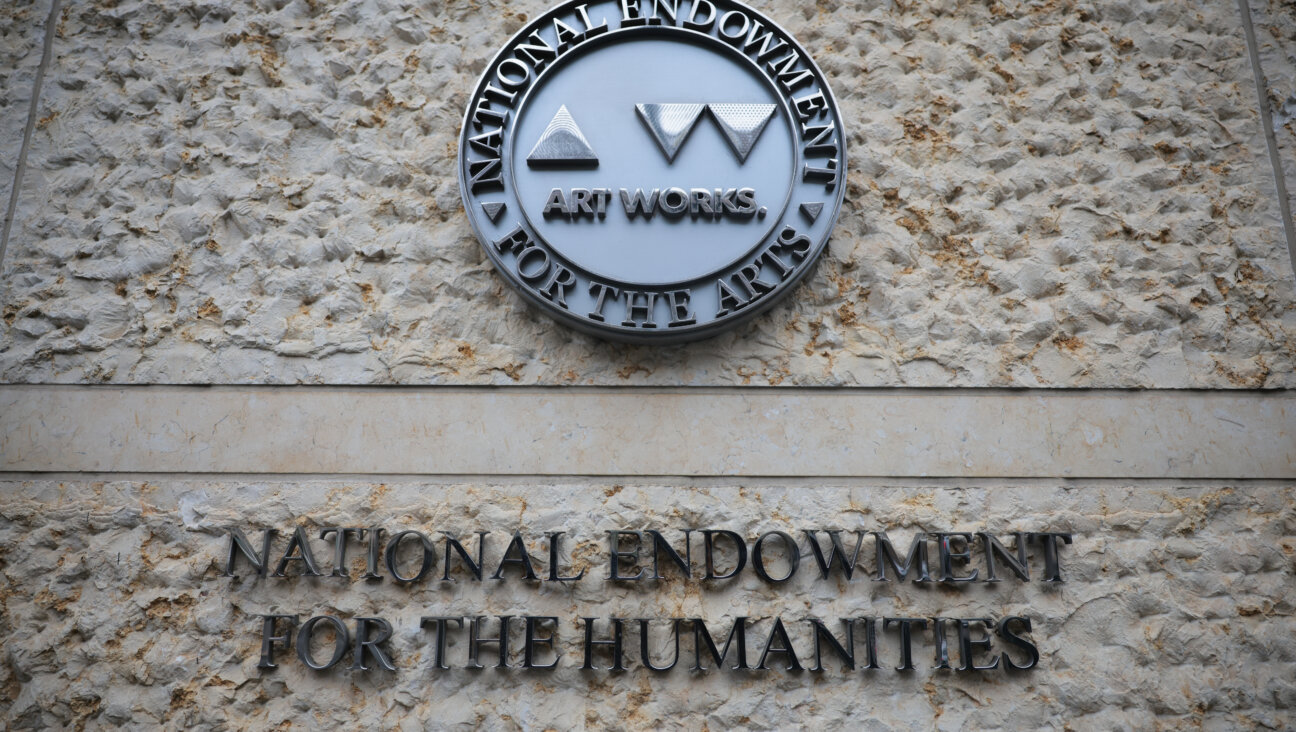South Africa and Australia Battle Over Jewish Immigration
Sydney, Australia – South African Jewish leaders are fuming over a new initiative to help Jews immigrate to Australia from Africa.
The initiative in question is Project Sydney, a joint effort of the New South Wales Jewish Communal Appeal and the New South Wales Jewish Board of Deputies that would help South African Jews who want to move to Australia.
Zev Krengel, national chairman of the South African Jewish Board of Deputies, wrote a letter last month, urging Jewish leaders to suspend the project.
“Seldom in the history of our community has there been such outrage towards the Jewish community of another country,” Krengel charged. “From around South Africa, I am receiving calls expressing disquiet.”
Later, he wrote, “We there believe that it is distasteful in the extreme and embarrassing for South African Jews to have you launch a campaign through published advertisements and a high-profile visit to attract members of our community to Sydney.”
Two representatives from Project Sydney recently spent a week in South Africa, where they met more than 150 families who had expressed interest in immigrating to Australia.
Krengel told JTA this week from Johannesburg: “The community wasn’t happy at all. Some people were very, very unhappy; other people were furious.” The Jewish population of South Africa has dropped to an estimated 75,000 today from about 120,000 in 1970. Jews left early on because of apartheid, but now they are leaving largely because of crime.
Jewish leaders in Australia said that about 70% of the potential South African émigrés with whom they met were affected by violent crime.
Businessman Sheldon Cohen, 47, was shot and killed last week in Johannesburg as he was waiting for his teenage son to finish soccer practice.
Thousands attended Cohen’s funeral on January 30, according to Johannesburg’s newspaper The Times.
“Sheldon’s death cannot go down as another statistic,” Chief Rabbi Warren Goldstein said at the funeral, the newspaper reportedd. “Our government needs to be held accountable for this. We as the community are not going to stand for this and we say that one murder is one too much.”
Krengel said he met with the two Project Sydney representatives “in good faith,” but he added: “We’re never going to welcome and encourage them. I don’t think it’s doing any good for our community.”
Selwyn Shapiro, director of Project Sydney, said that the initiative evolved from immigration agents receiving large numbers of requests for visas to Australia from South African Jews.
“We didn’t go there to encourage anybody to leave,” he said. “I fully understand their position; they are a strong community and don’t want to be weakened. But people want to leave for their own reasons. People who are looking to come to Australia will find a community that welcomes them in Sydney.”
Vic Alhadeff, the CEO of the New South Wales Jewish Board of Deputies, traveled with Shapiro to Johannesburg and Cape Town.
“What we were offering was information about Sydney and assistance in the form of networking, contacts and social support for those intending to relocate to Sydney,” said Alhadeff, who returned last week from the South Africa trip.
“The benefits are mutual: emigrating families will be far more likely to remain within the Jewish fold if they are welcomed into a community, and they will strengthen Sydney’s Jewish community.”
But Michael Bagraim, national president of the South African Jewish Board of Deputies, told JTA from Cape Town: “It’s a very uncomfortable feeling. Our stop phrase has been, ‘Go home [to Israel] or stay home,’ and it has been right throughout apartheid. To interfere with that makes us all feel unhappy.
“I don’t think it’s kosher for us to go off to Sydney and say ‘If you wish to come to Cape Town, we can assist you.’”
Bagraim said that some of the anger has been assuaged by Project Sydney’s pledge not to target those making aliyah and to engage only with people who already have decided to leave South Africa.
But he warned that the publicity campaign could have a negative effect on local Jews.
“It’s very uncomfortable to have these advertisements,” Bagraim said. “Our government will ask the question, ‘Is it acceptable to our local Jews?’ It might be perceived by the powers that be as Jews acting negatively.”
The Forward is free to read, but it isn’t free to produce

I hope you appreciated this article. Before you go, I’d like to ask you to please support the Forward.
Now more than ever, American Jews need independent news they can trust, with reporting driven by truth, not ideology. We serve you, not any ideological agenda.
At a time when other newsrooms are closing or cutting back, the Forward has removed its paywall and invested additional resources to report on the ground from Israel and around the U.S. on the impact of the war, rising antisemitism and polarized discourse.
This is a great time to support independent Jewish journalism you rely on. Make a Passover gift today!
— Rachel Fishman Feddersen, Publisher and CEO
Most Popular
- 1

Opinion My Jewish moms group ousted me because I work for J Street. Is this what communal life has come to?
- 2

Opinion Stephen Miller’s cavalier cruelty misses the whole point of Passover
- 3

Opinion Passover teaches us why Jews should stand with Mahmoud Khalil
- 4

Fast Forward How Coke’s Passover recipe sparked an antisemitic conspiracy theory
In Case You Missed It
-

Books How a Jewish boy from Canterbury became a Zulu chieftain
-

Fast Forward Hours after Passover Seder, arsonist targets Gov. Josh Shapiro, ‘harboring hatred’
-

Culture Jews thought Trump wanted to fight antisemitism. Why did he cut all of their grants?
-

Opinion Trump’s followers see a savior, but Jewish historians know a false messiah when they see one
-
Shop the Forward Store
100% of profits support our journalism
Republish This Story
Please read before republishing
We’re happy to make this story available to republish for free, unless it originated with JTA, Haaretz or another publication (as indicated on the article) and as long as you follow our guidelines.
You must comply with the following:
- Credit the Forward
- Retain our pixel
- Preserve our canonical link in Google search
- Add a noindex tag in Google search
See our full guidelines for more information, and this guide for detail about canonical URLs.
To republish, copy the HTML by clicking on the yellow button to the right; it includes our tracking pixel, all paragraph styles and hyperlinks, the author byline and credit to the Forward. It does not include images; to avoid copyright violations, you must add them manually, following our guidelines. Please email us at [email protected], subject line “republish,” with any questions or to let us know what stories you’re picking up.
















